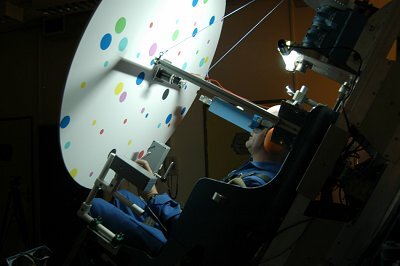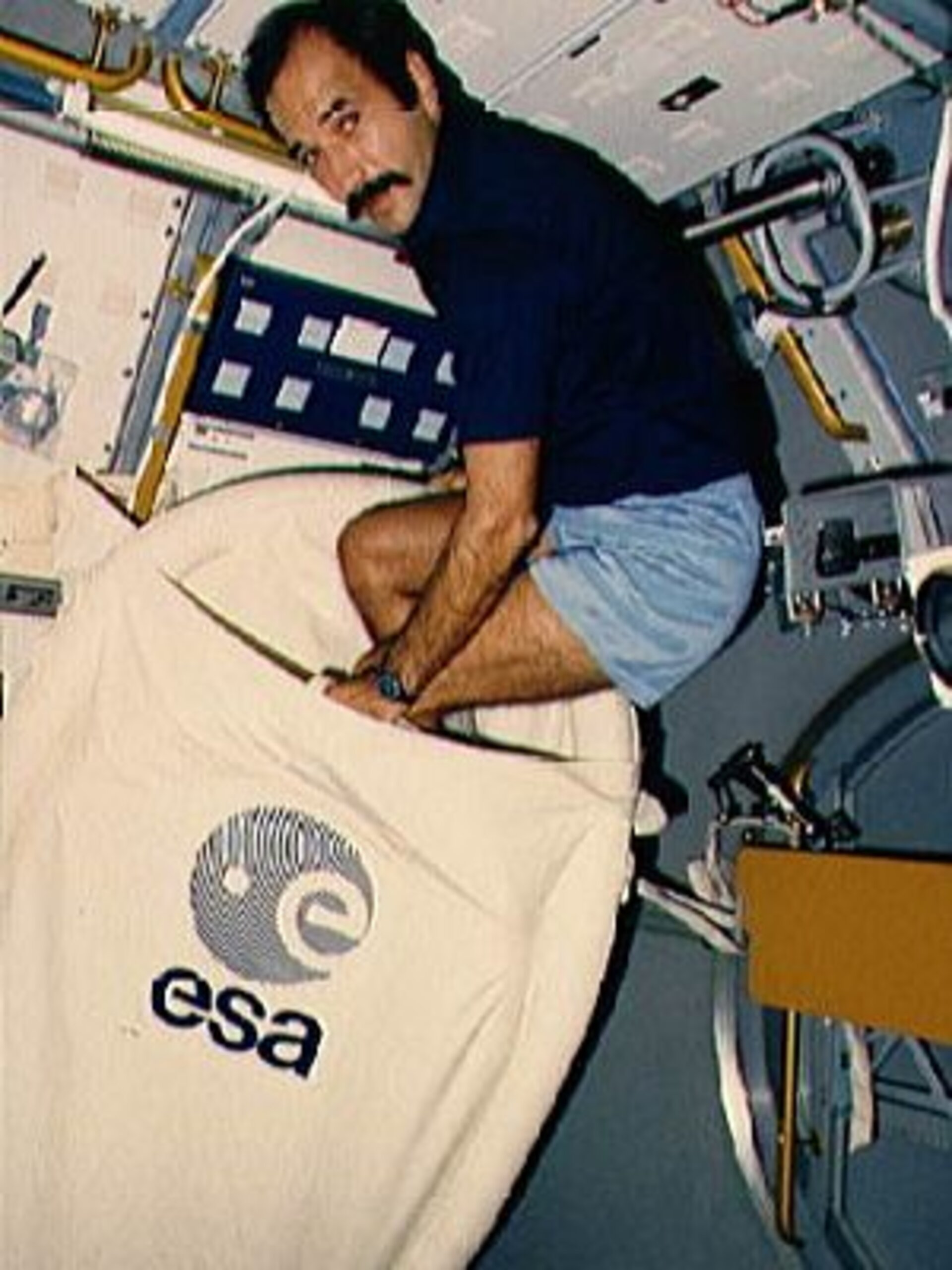Spaceflight ambassador Wubbo Ockels lends a hand with DELTA Mission
From the sidelines, Wubbo Ockels is following André Kuipers’ mission to the International Space Station. As a full-time lecturer at the Delft University of Technology, he is involved in two of the experiments that Kuipers will carry out on board. He is also the only Dutchman who can tell Kuipers what it is like up there from personal experience.
'The human mirror'
According to Ockels, his successor can look forward to an exciting time, that will seem to pass much too quickly. With his packed programme of scientific experiments, scheduled contacts with Earth and educational assignments, Kuipers will also have to take time out to look at what Ockels calls 'the human mirror'. This is the Earth as seen from space, a view enjoyed only by very few. "You see the overwhelming beauty of our planet and at the same time its vulnerability", says Ockels. "The atmosphere surrounds the blue Earth like a thin shell. A fascinating sight."

Weightless conditions
Of the scientific experiments, Ockels is involved with the vibrating vest developed by the TNO. In addition, he supervises PhD student Suzanne Nooij and her MOP experiment. Nooij is studying the way in which the human vestibular system adapts to weightless conditions. In other words, how people orient themselves in space; how they handle movements and time. "I have asked André to pay attention when he returns to Earth. Because that is the moment when the differences between weightlessness and gravity are most noticeable."
Scientific research
During his own mission on board the Challenger Space Shuttle in 1985, Ockels and his crew carried out numerous scientific experiments. He finds it very important that the Netherlands can now engage in science once more in the weightless conditions of space. "It is a good thing that the ministries are sending a Dutchman into space again. We must continually seek to find out what there is beyond our own planet. Space travel is important as an adventure and as a voyage of discovery, and it is certainly also important for scientific research."

Ambassador for human spaceflight
After their flights, astronauts frequently remain ambassadors for human spaceflight. Ockels is happy to talk about his selection as an astronaut, the training he did in America and the historic Space lab mission with the Space Shuttle. But he is even happier to be among young people in a scientific setting, such as promoting the Wubbo Ockels Junior Prize in Groningen, lecturing in Delft or acting as coach for the Solar Challenge in Australia. In the latter, his team won twice in succession by building the fastest solar-powered car.
'Kuipers wave'
At the Delft University of Technology, they talk about the 'Ockels effect'. Soon after his journey into space, the number of students entering the various science-oriented faculties increased. Ockels thinks it is difficult to predict whether there will also be a 'Kuipers wave', because many other interesting forms of discovery have been added to space travel. Somebody, somewhere, is inventing a futuristic car or a nanorobot, and these days just about anything in communications seems possible. Nevertheless, Kuipers will also have an important role as an ambassador for space travel. Says Ockels: "After his mission, he will speak to packed audiences of people who want to know about everything that happened. Spaceflight is still pioneering work; it is an important step towards the future of the human race."





